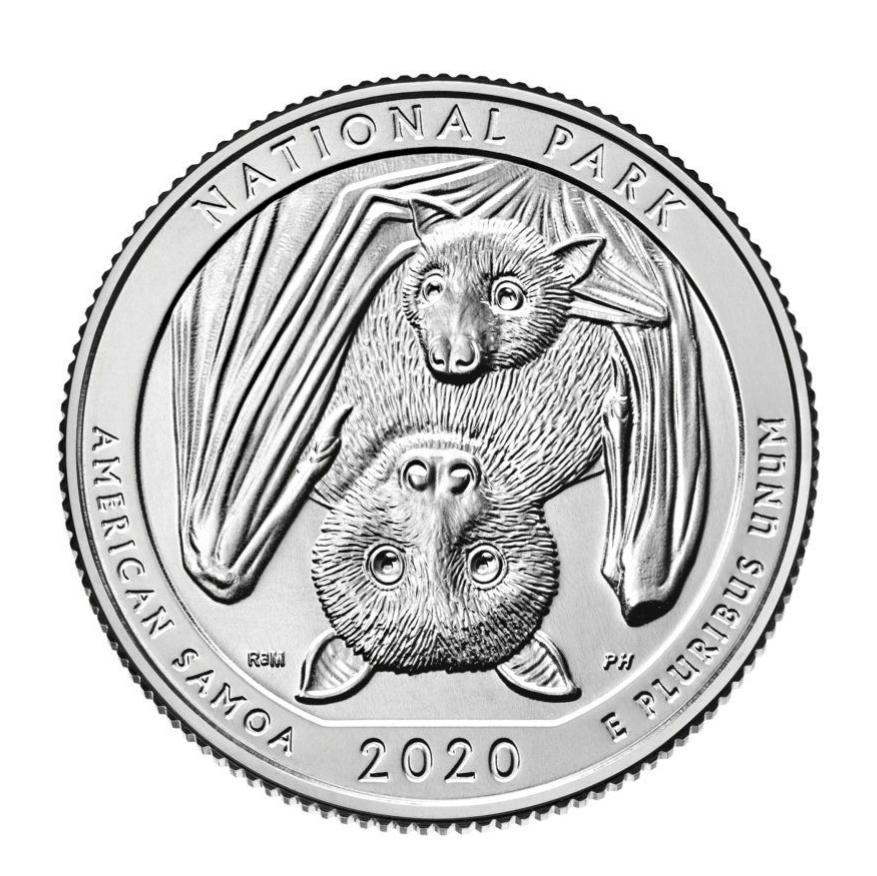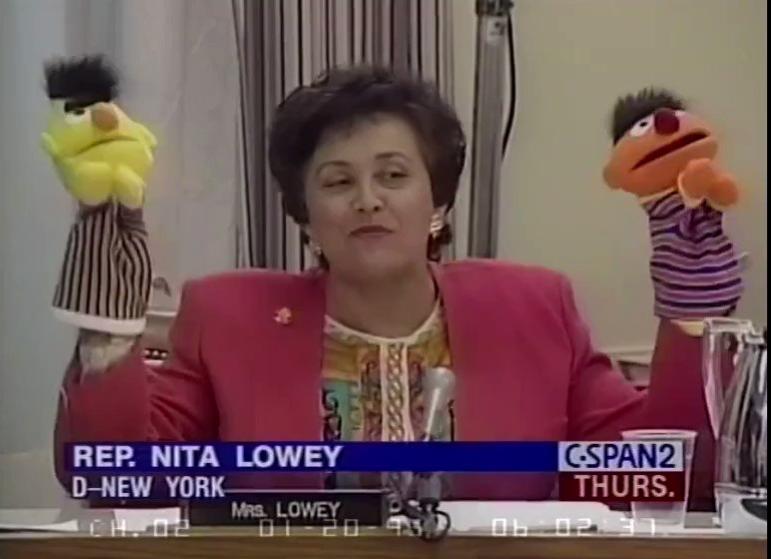Posted on January 9,
2025
A DOGE To-Do List
Either cut this stuff, or admit we're
not serious
by
Daniel
Clark
Just as Elon Musk and Vivek Ramaswamy are assembling an
army of 80-hour-a-week volunteers to brainstorm about ways to cut federal
spending, the Library of Congress has revealed the 25 movies its National Film
Registry has chosen to preserve this year, because it has deemed them to be
"culturally, historically, or aesthetically significant." Among these is the 1978 Cheech and Chong
movie Up In Smoke, a decision that prompts the obvious questions: (a) is
this film worth preserving, and (b) should it be the responsibility of our
government to preserve it? Anybody who
would answer yes to the first question would surely also answer yes to the
second, because that person would probably be defrauding workers' comp while
pretending his recreational pot use is medicinal. The rest of us ought to be sensible enough to
conclude that however little money is being spent on this project is one
hundred percent too much.
 Another
conspicuous example of wasteful federal spending is the minting of specialty
coins. The "50 State Quarters" that were
released from 1999-2008 actually benefited the treasury, because they were very
popular collectors' items that cost far less than 25 cents each to
produce. Who didn't know somebody who
owned one of those collector's maps, with a space for each quarter on or near
the corresponding state? Trying to milk
this gimmick a second time, however, was an obvious waste. The "America the Beautiful Quarters" series
that ran from 2010-21, depicting national sites like Yellowstone Park, Mount
Rushmore and the Everglades, was little more than a stale rerun of the previous
series. In 2020, a quarter was issued
that somehow represented the National Park of American Samoa, featuring a pair
of bats. The timing made it appear as if
our government was taunting us during the lockdown. At a time when the wet market Covid origin
story was "settled science," there were bats on our currency where the American
eagle should have been.
Another
conspicuous example of wasteful federal spending is the minting of specialty
coins. The "50 State Quarters" that were
released from 1999-2008 actually benefited the treasury, because they were very
popular collectors' items that cost far less than 25 cents each to
produce. Who didn't know somebody who
owned one of those collector's maps, with a space for each quarter on or near
the corresponding state? Trying to milk
this gimmick a second time, however, was an obvious waste. The "America the Beautiful Quarters" series
that ran from 2010-21, depicting national sites like Yellowstone Park, Mount
Rushmore and the Everglades, was little more than a stale rerun of the previous
series. In 2020, a quarter was issued
that somehow represented the National Park of American Samoa, featuring a pair
of bats. The timing made it appear as if
our government was taunting us during the lockdown. At a time when the wet market Covid origin
story was "settled science," there were bats on our currency where the American
eagle should have been.
Undeterred, the mint followed up with its "American
Women Quarters," series, which started in 2022 and will continue through this
year. This total of 25 specialty coins
features women who were deemed by left-wing academics to be historically
significant. Among the studiously
diverse sampling are "Edith Kanaka'ole -- indigenous Hawaiian composer, custodian of native
culture and traditions," "Zitkala-Sa -- writer, composer, educator and political
activist," and "Jovita Idar -- Mexican-American journalist, activist, teacher
and suffragist." Exactly who was
expected to collect these coins, Lisa Simpson?
Those who were wastefully employed by this project would no doubt
consider it sexist and racist not to want to commemorate these women, but
nobody does. What had started out as a
revenue-raising appeal to Americana has been hijacked by a bunch of angry,
countercultural snobs. It's tempting to
conclude that the whole thing is an attempt to accelerate our transformation
into a cashless society, by making our money annoy us.
On a related subject, can the Post Office possibly be
making a profit on some of its stamp designs?
Who really wants to buy "Dungeons & Dragons" stamps, "Art of the
Skateboard" stamps, or stamps that say, "Thank You, Healthcare Community,"
especially when none of them has any discernible aesthetic quality? Moreover, wouldn't such people, assuming they
exist, be buying stamps of some kind anyway?
Of course, there are collectors, but surely there's not a significant number
of them ordering "Women Cryptologists of World War II" stamps in order to
preserve them for posterity. These
designs cannot possibly increase the total number of stamp sales enough to
justify the cost of designing and printing them.
 Perhaps
the most obvious example of government waste is the National Endowment for the
Arts. There are few things less American
than taking money away from one person and giving it to someone else in order
to create something frivolous.
Even if art had gotten any better since the agency's inception, which it
hasn't, this would be totally unjustifiable.
As it happens, the NEA tends to give grants for projects that almost
nobody would fund voluntarily, the most infamous example being a photograph of
a crucifix in a jar of urine. In the
past, when budget hawks have targeted the NEA, its defenders have pointed out
that government patronage for the arts is a tradition that has its roots in
ancient Rome. When "Caligula did it"
becomes an argument in favor of something, the case for eliminating that thing
ought to be irresistible.
Perhaps
the most obvious example of government waste is the National Endowment for the
Arts. There are few things less American
than taking money away from one person and giving it to someone else in order
to create something frivolous.
Even if art had gotten any better since the agency's inception, which it
hasn't, this would be totally unjustifiable.
As it happens, the NEA tends to give grants for projects that almost
nobody would fund voluntarily, the most infamous example being a photograph of
a crucifix in a jar of urine. In the
past, when budget hawks have targeted the NEA, its defenders have pointed out
that government patronage for the arts is a tradition that has its roots in
ancient Rome. When "Caligula did it"
becomes an argument in favor of something, the case for eliminating that thing
ought to be irresistible.
The Corporation for Public Broadcasting is scarcely
better. For decades, champions of PBS
and National Public Radio have made the incongruous argument that the amount of
taxpayer money they receive is negligible, but that anybody who deprives them
of it will be committing mass muppeticide.
In 1995, congresswoman Nita Lowey put on hand puppets of Ernie and Bert
(not "Bert and Ernie," dammit), to appear as "witnesses" at a congressional
hearing, where they basically pleaded for their lives. The concern was phony, of course. Sesame Street has arguably been the
most commercially successful TV show of all time. It needs no subsidy from the taxpayers. Those other PBS shows that are at all popular
are supported entirely by private, corporate grants. Had there ever been any worthwhile
programming on NPR, the same would have been true of it. But even if we were talking about canceling the best that these networks have to offer, so what? TV and radio shows don't have a right to
continue their existence when they fail in the marketplace. Let them make a series about that, if they're
interested in educational programming.
Granted, the items listed here don't add up to much in
the context of the federal budget, but if our representatives aren't willing to
cut this stuff for starters, Donald Trump's Department of Government Efficiency
will be exposed as a hoax, to borrow one of his favorite words. If our side can't stand up to the caterwauling
about denying taxpayer funding to NPR, we have no hope of them rolling back
farm subsidies, privatizing federal lands, or eliminating the Department of Education. If we won't cut mere millions here and there,
we'll never get anywhere near the 2 trillion in savings that DOGE is supposedly
going to deliver. It would be almost as
if the guy who wants to buy Greenland isn't really so thrifty after all.
The Shinbone: The
Frontier of the Free Press